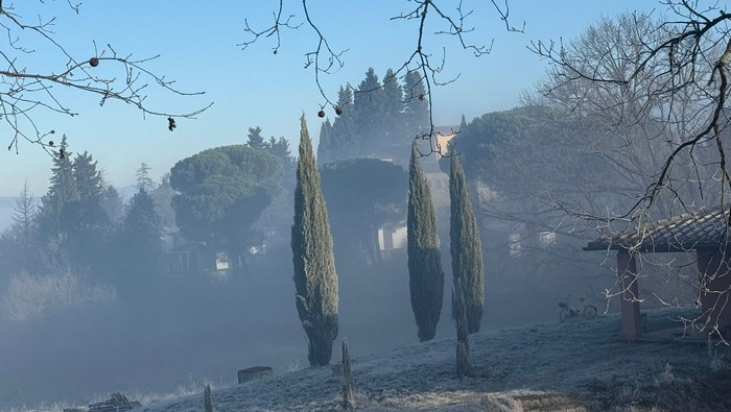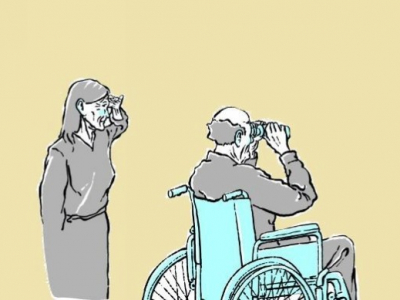A gift is something given freely, it is a relational good, that is, an act that is not owed, where the main good is not the object given but the relationship between the giver and the receiver.
by Luigino Bruni
published in Messaggero di Sant'Antonio on February 2, 2026
The Christmas holidays ...
stdClass Object
(
[article_layout] =>
[show_title] =>
[link_titles] =>
[show_tags] =>
[show_intro] =>
[info_block_position] =>
[info_block_show_title] =>
[show_category] =>
[link_category] =>
[show_parent_category] =>
[link_parent_category] =>
[show_associations] =>
[show_author] =>
[link_author] =>
[show_create_date] =>
[show_modify_date] =>
[show_publish_date] =>
[show_item_navigation] =>
[show_icons] =>
[show_print_icon] =>
[show_email_icon] =>
[show_vote] =>
[show_hits] =>
[show_noauth] =>
[urls_position] =>
[alternative_readmore] =>
[article_page_title] =>
[show_publishing_options] =>
[show_article_options] =>
[show_urls_images_backend] =>
[show_urls_images_frontend] =>
[spfeatured_image] => images/2026/02/03/MSA_bruni_febbraio_2026_ant.jpg
[spfeatured_image_alt] =>
[post_format] => standard
[gallery] =>
[audio] =>
[video] =>
[helix_ultimate_video] =>
[helix_ultimate_article_format] => standard
[helix_ultimate_image] => images/2026/02/03/MSA_bruni_febbraio_2026_ant.jpg
[link_title] =>
[link_url] =>
[quote_text] =>
[quote_author] =>
[post_status] =>
)














